Denmark passes first ever fart tax: when breaking wind leads to breaking records
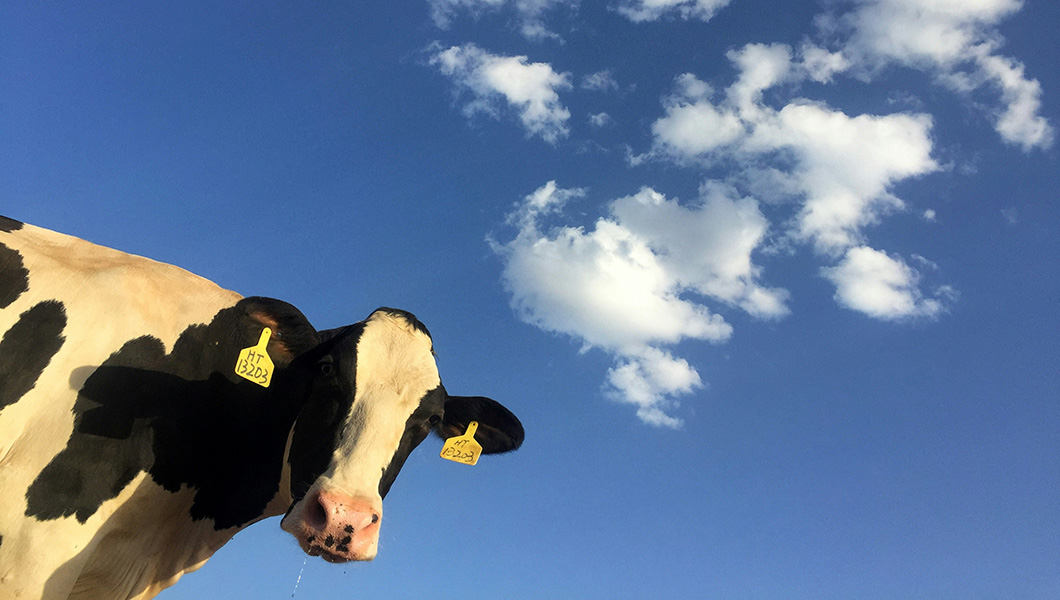
Cows have been the butt of the joke when it comes to greenhouse gases, but climate change is anything but a breezy matter.
That is why, on 18 November 2024, the Danish government made headlines after it implemented the first flatulence tax in history: from 2030, Danish farmers will pay for the wind and burps of their livestock, including pigs and cows.
Despite the bizarre nature of the record-breaking bill – which has stirred interest worldwide and generated countless puns – this is a cow-lossal turning point in Denmark's history, proving the country's willingness to take action against climate change.
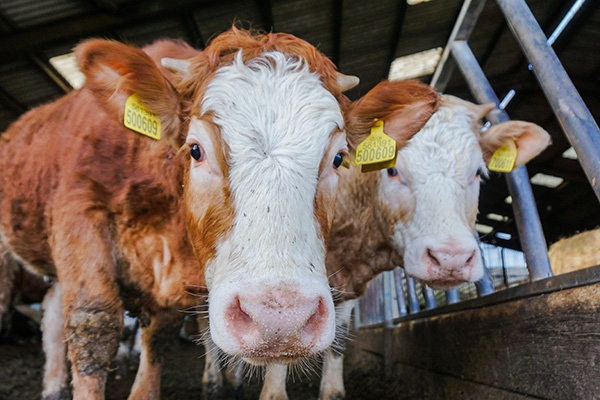 Photo by Daniel MacDonald on Unsplash
Photo by Daniel MacDonald on Unsplash
In other words, cows cutting the cheese may cost dairy farms a pretty penny.
In five years, Danish farmers will pay 300 Danish kroner (approximately $42, or £33) per tonne of methane produced by livestock. That amount is set to rise to 750 kroner ($104; £83) by 2035.
The one-of-a-kind tax seeks to regulate the polluting impact of dairy farms by limiting their methane and carbon dioxide emissions: greenhouse gases (GHGs) that contribute to the infamous greenhouse effect and are (among other sources) produced by the digestive process of livestock, notably pigs and cows.
However, to soften the financial blow, farmers will receive a 60% tax reduction. The rebate could increase for those who actively reduce their methane emissions, providing an economic advantage to eco-friendly farms.
Therefore, the effective cost post-deduction will be much lower than initially anticipated: 120 kroner (£14, or $19) per ton of CO2, increasing to 300 kroner (roughly £35, and $47) in 2035.
The livestock's carbon hoofprint is a well-documented cow-ntribution to global warming.
Every day, an adult cow can release up to 500 litres of methane: the gas is discharged as the natural byproduct of the digestive process in a cow's rumen, where microorganisms digest fibrous plants through a process called enteric fermentation.
While a single animal's emissions would not be a noteworthy matter, the agricultural system and intensive animal farming have a substantial impact on our planet's overall health: although data may vary, sources such as the UN's Food and Agriculture Organization (FAO) estimate that the cumulative effect of billions of animals on the planet accounts for approximately 12% of all greenhouse gas emissions globally.
Cue Denmark’s record-breaking tax to produce long-term, positive results in the battle against the climate emergency.
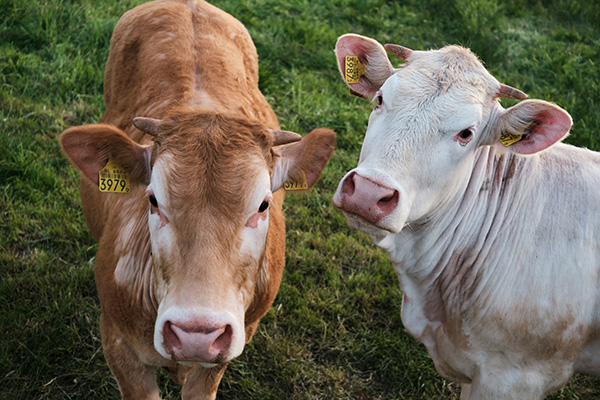 Photo by Frans Ruiter on Unsplash
Photo by Frans Ruiter on Unsplash
The new regulation has been in the works for years as part of the wider Green Tripartite agreement, a plan to protect biodiversity and restore Denmark's natural habitats.
In line with the government's ambitious environmental targets, the programme includes many urgent matters such as reforestation, the preservation of fjords, and the restoration of carbon-rich wetlands that were drained and turned into cultivated land.
As reported by the Copenhagen Post, "250,000 hectares of new forest will be planted, and 140,000 hectares of peatlands that are currently being cultivated will be restored to natural habitat."
Today, according to a government report, roughly 60% of the nation's land is dedicated to farming pursuits: a percentage that places Denmark (alongside Bangladesh) among the countries with the highest share of cultivated land.
Moreover, as a major dairy and pork exporter, the nation is "home to five times as many pigs and cows as people".
Every year, the average emissions of a Danish dairy farm can reach approximately 5.6 tonnes of carbon dioxide, with cattle producing about half of the total.
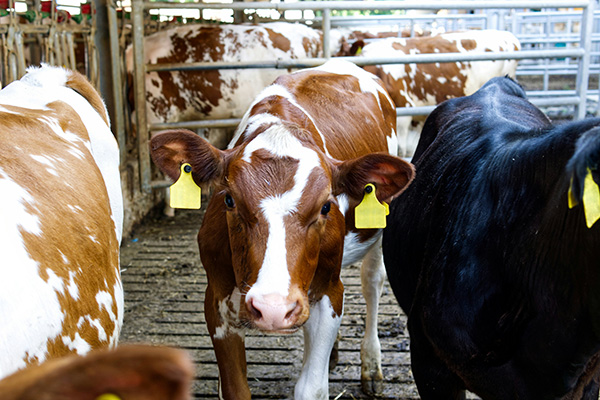 Photo by Neil Bates on Unsplash
Photo by Neil Bates on Unsplash
However, after the record-breaking "fart tax", things might change drastically.
Looking to the future, it's estimated that the new regulation could reduce greenhouse gas emissions by 1.8 million tonnes (2 million tons) just within the first year.
That is why, although taxing farmers on how their cattle pass gas may seem bizarre to some people, the first flatulence tax is anything but a laughing stock: on the contrary, it's a necessary action to face the global climate emergency.
Two years before Denmark, New Zealand also tried to propose a similar surcharge (known as the "burping tax") to limit the emissions of sheep and cattle farms.
The government presented the regulation in 2022, but the short-lived policy was abandoned in June 2024 following protests in the agricultural sector.
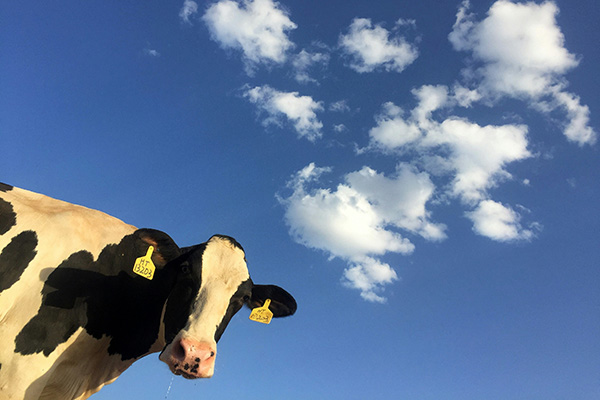 Photo by Ryan Song on Unsplash
Photo by Ryan Song on Unsplash
Are you curious to discover more about the moo-vements, individuals and organizations that are actively contributing to saving our planet?
Did you know about the largest environmental prize in the world? And how can the creation of the first refillable deodorant help us lead a more mindful, eco-friendly life?
Dive into Guinness World Records 2026 to meet the Eco Heroes, and find an answer to all these questions – and much more!


